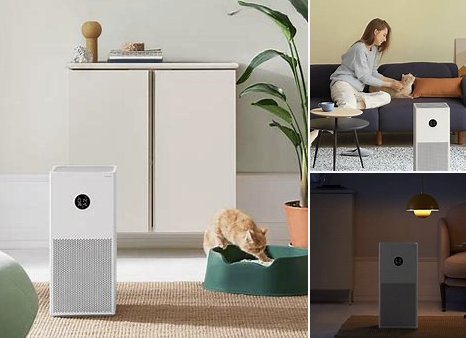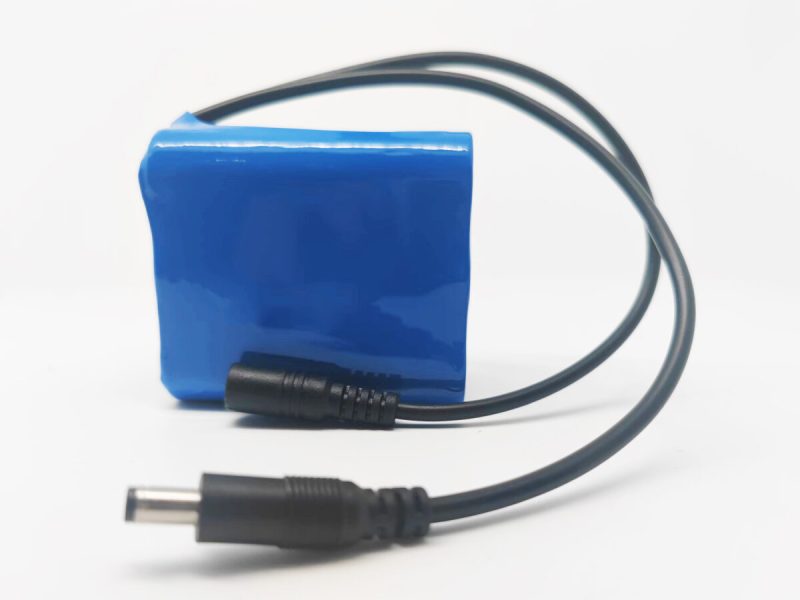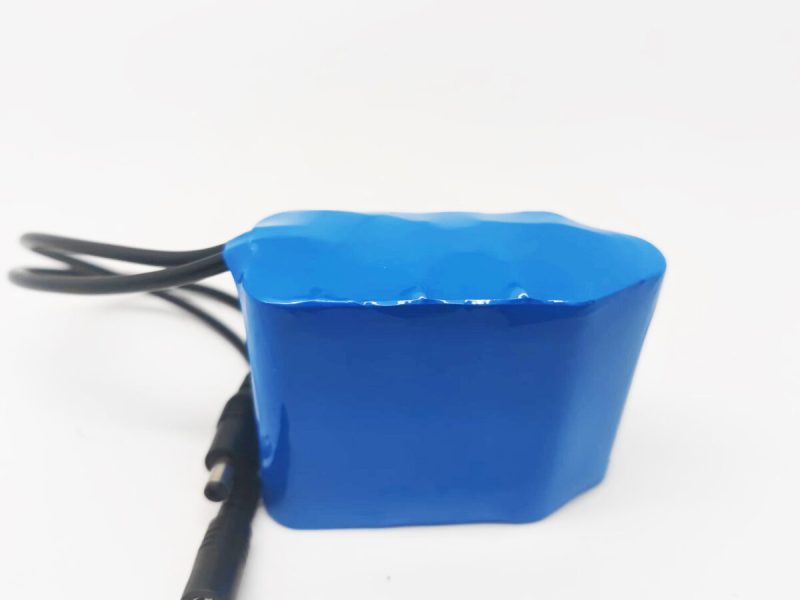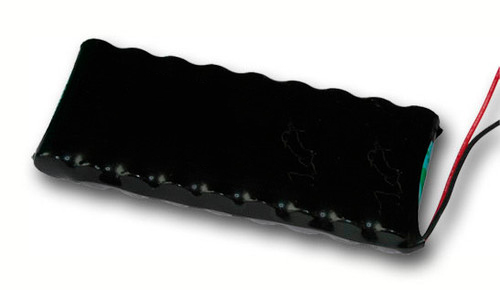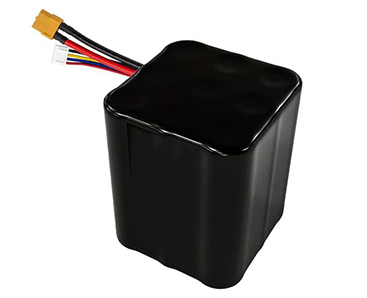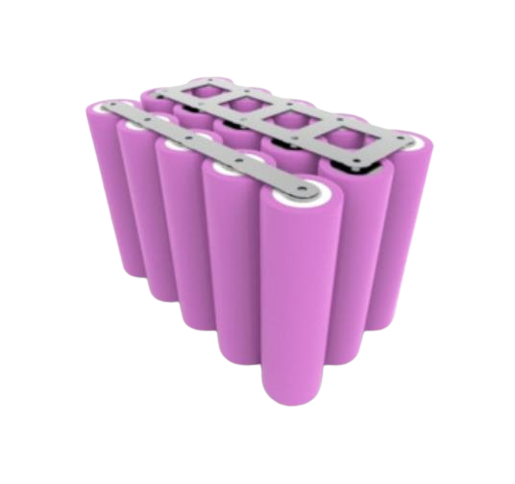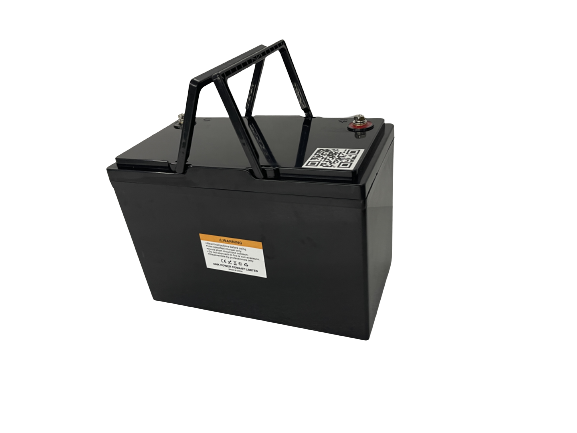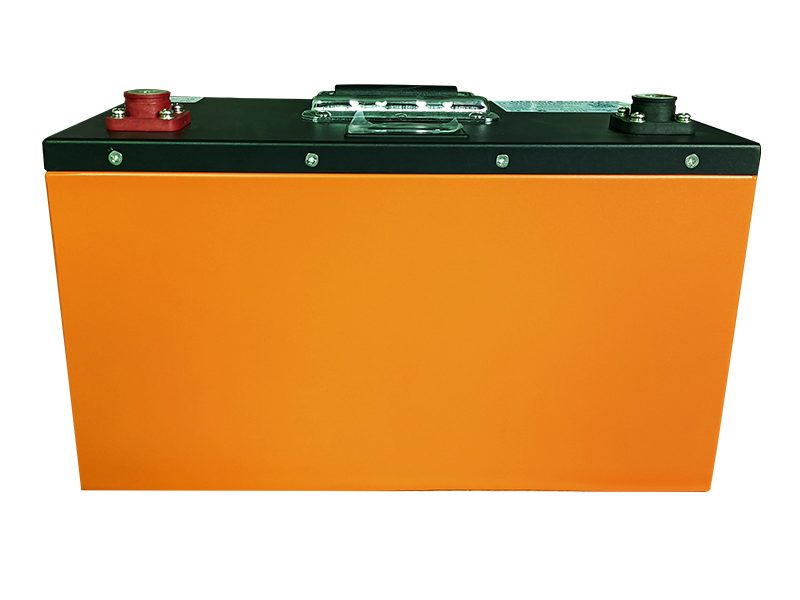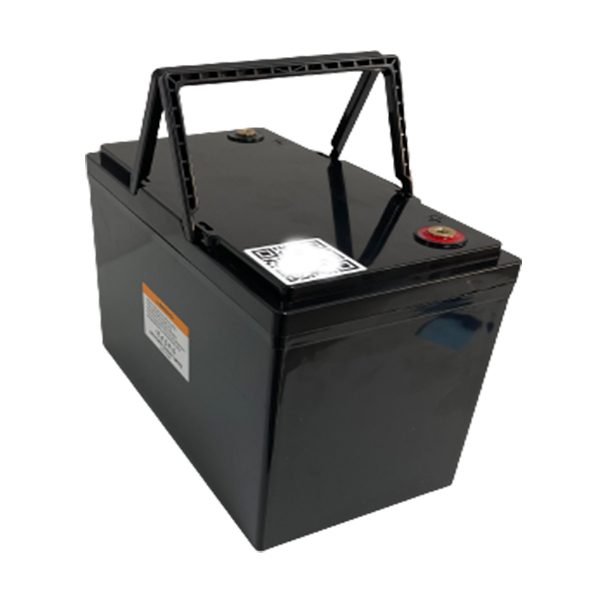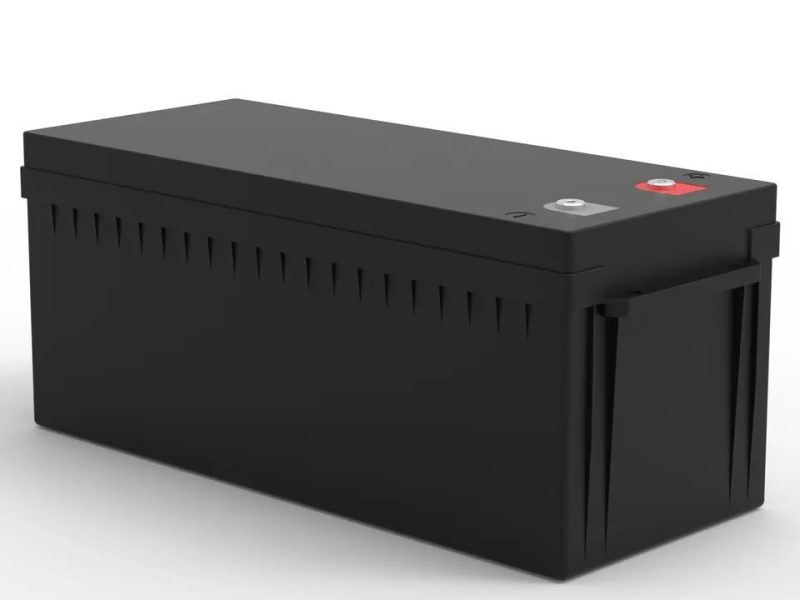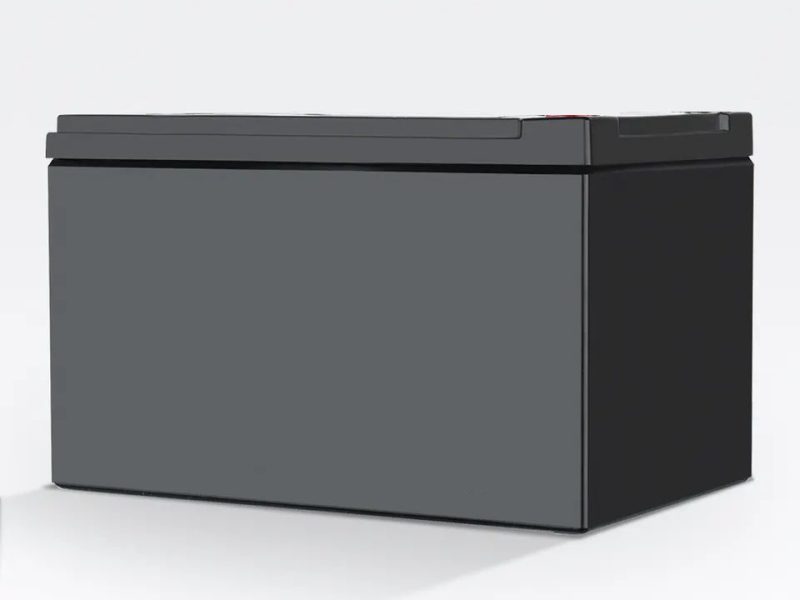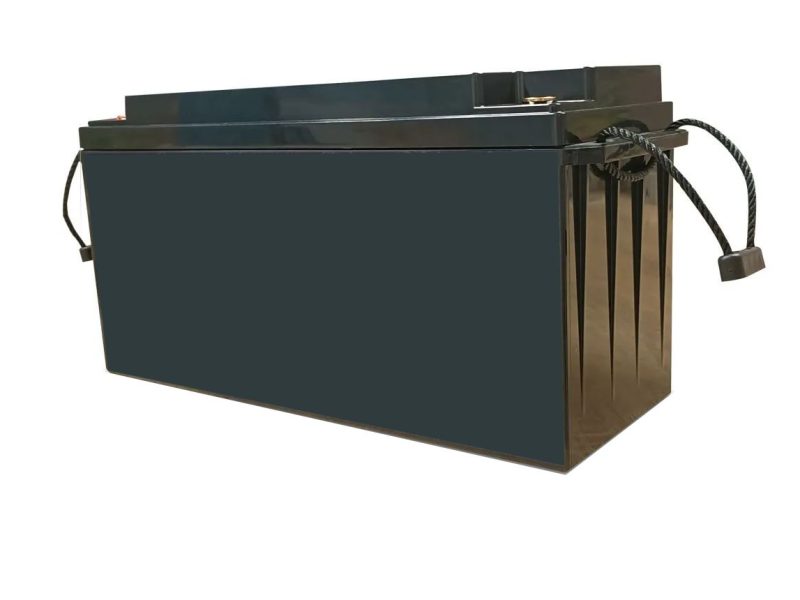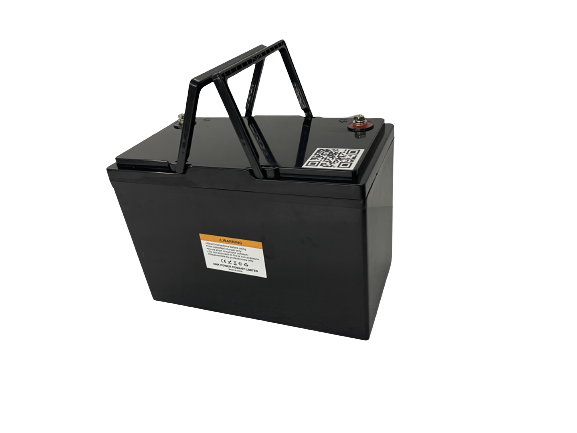As indoor air quality concerns continue to rise globally, air purifiers have become essential devices in homes, offices, and healthcare facilities. The right battery technology ensures these critical appliances operate reliably, even during power outages or in locations without accessible electrical outlets.
What Are Air Purifier Batteries?
Air purifier batteries are specialized rechargeable power sources designed to energize portable air purification systems. These advanced power solutions enable air purifiers to function independently from fixed power sources, providing exceptional flexibility and reliability. With a properly selected battery, your air purifier can deliver clean air anywhere, anytime – from remote locations to emergency situations.
Working Principles of Air Purifier Batteries
Modern air purifier batteries operate through sophisticated electrochemical processes similar to other high-performance battery technologies. These power sources store electrical energy in chemical form within specialized cells, releasing controlled electrical current when connected to an air purifier. This energy conversion process powers the air purifier’s essential functions: fan operation, filtration systems, and electronic controls that effectively capture pollutants and circulate purified air.
Types of Air Purifier Batteries
The battery technology you select significantly impacts performance, lifespan, and safety of your air purification system.
Lithium-Ion (Li-ion) Batteries
Li-ion batteries represent the premium choice for most contemporary air purifiers, offering exceptional performance characteristics:
- High energy density providing 4-8 hours of continuous operation
- Lightweight construction enhancing portability (30-40% lighter than alternatives)
- Minimal self-discharge rates (2-3% monthly)
- Extended cycle life supporting 500-1000+ recharge cycles
- Rapid charging capabilities reducing downtime
Lithium Iron Phosphate (LiFePO4) Batteries
For applications demanding maximum safety and longevity, LiFePO4 batteries deliver outstanding reliability:
- Superior thermal stability with significantly reduced fire risk
- Extended cycle life exceeding 2000+ charge cycles
- Excellent performance across extreme temperature ranges (-20°C to 60°C)
- Enhanced safety profile with minimal thermal runaway potential
- Lower environmental impact through reduced toxic materials
Nickel-Metal Hydride (NiMH) Batteries
These established batteries provide a cost-effective alternative with proven reliability:
- Favorable capacity-to-price ratio for budget-conscious applications
- Robust performance in varied environmental conditions
- Lower toxicity than older nickel-cadmium alternatives
- Well-established recycling infrastructure
- Resistance to damage from over-discharge events
Custom Battery Pack Solutions
Manufacturer-specific battery configurations offer optimized performance for particular air purifier models:
- Precision-engineered form factors ensuring perfect fit
- Integrated battery management systems monitoring cell health
- Specialized connectors preventing incorrect installation
- Performance characteristics matched to device power requirements
- Simplified warranty coverage through manufacturer certification
Selecting the Ideal Air Purifier Battery
When choosing a battery for your air purification system, several critical factors should guide your decision-making process.
Capacity and Runtime Requirements
Battery capacity, measured in milliampere-hours (mAh), directly impacts operational duration:
- Calculate minimum capacity based on air purifier wattage (W) and desired runtime (hrs)
- Consider real-world efficiency factors (typically 85-90% of rated capacity)
- Account for performance degradation over battery lifespan (20-30% reduction after 500 cycles)
- Evaluate capacity needs during high-pollution events requiring increased purifier operation
- Balance capacity requirements with size/weight considerations for portable applications
Compatibility Considerations
Ensuring proper compatibility prevents performance issues and potential damage:
- Verify voltage requirements match your specific air purifier model (typically 3.7V, 7.4V, or 11.1V)
- Confirm physical dimensions and mounting configurations
- Check connector types and polarities to prevent improper connections
- Review manufacturer recommendations regarding approved battery technologies
- Consider warranty implications of using third-party power solutions
Critical Safety Features
Quality air purifier batteries incorporate comprehensive protection mechanisms:
- Overcharge protection preventing excessive voltage
- Over-discharge prevention maintaining cell integrity
- Short-circuit protection eliminating catastrophic failure risk
- Thermal monitoring systems detecting abnormal temperature conditions
- Intelligent battery management systems optimizing performance and safety
Rechargeability and Maintenance Factors
Optimize long-term performance through proper battery selection and management:
- Evaluate charging time requirements against operational needs
- Consider smart charging capabilities that preserve battery health
- Review self-discharge characteristics for intermittent usage patterns
- Assess maintenance requirements and regular care procedures
- Calculate total ownership cost including expected replacement intervals
Vade Battery: Industry-Leading Air Purifier Battery Solutions
Vade Battery specializes in custom rechargeable battery solutions perfectly engineered for air purification applications. Our comprehensive product portfolio includes:
- Custom Rechargeable 18650 Battery Packs with superior energy density
- Advanced Li-ion Battery Systems featuring intelligent cell balancing
- Specialized Lithium Polymer Batteries for ultra-compact applications
- High-Performance LiFePO4 Battery Systems with exceptional cycle life
Our batteries deliver exceptional value through rigorous quality control, advanced safety protocols, and competitive pricing structures that balance performance with affordability.
Why Select Vade Battery for Air Purification Applications
Vade Battery brings specialized expertise to the air purifier market with capabilities that ensure optimal performance:
- Comprehensive quality assurance processes exceeding international standards
- Custom design services tailored to specific application requirements
- Technical support throughout the entire product lifecycle
- Global distribution network ensuring reliable supply chain continuity
- Environmentally responsible manufacturing adhering to sustainability best practices
Maximizing Air Purifier Battery Performance
Optimal Charging Practices
Extend your battery’s operational lifespan with these proven techniques:
- Follow manufacturer-specific charging guidelines
- Utilize original or certified-compatible charging equipment
- Avoid frequent complete discharge cycles when possible
- Store batteries at 40-60% charge during extended non-use periods
- Maintain moderate ambient temperatures during charging processes (10-25°C)
Troubleshooting Common Battery Issues
Address typical performance challenges effectively:
- Reduced runtime: Monitor for gradual capacity loss versus sudden performance drops
- Charging difficulties: Inspect connection points and verify charger functionality
- Physical distortion: Discontinue use immediately if swelling or leakage occurs
- Temperature abnormalities: Excessive heat indicates potential internal damage
- Inconsistent operation: Check for loose connections or battery management system alerts
Frequently Asked Questions
How long do air purifier batteries typically last?
Quality air purifier batteries provide 2-5 years of service depending on technology and usage patterns. Li-ion batteries typically deliver 500-1000 charge cycles, while premium LiFePO4 options can exceed 2000 cycles under optimal conditions.
Can I use a power bank to charge my portable air purifier?
Many compact air purifiers can operate from standard USB power banks, provided voltage requirements align. For optimal performance, select a power bank with appropriate output specifications (typically 5V/2A minimum) and sufficient capacity for your intended runtime needs.
What environmental factors affect battery performance?
Temperature extremes significantly impact battery efficiency, with performance typically optimized between 10-25°C (50-77°F). High humidity environments may accelerate connector corrosion, while elevated altitudes can affect cooling systems in battery management circuitry.
How can I maximize my air purifier battery lifespan?
Implement these best practices:
- Avoid complete depletion before recharging
- Store at moderate charge levels when not in use
- Maintain appropriate operating temperatures
- Use manufacturer-approved charging equipment
- Clean connection points periodically to ensure proper electrical contact
Conclusion
Selecting the optimal air purifier battery ensures reliable operation and consistent air quality improvement. By understanding battery technologies, selection criteria, and proper maintenance procedures, you can maximize both performance and longevity of your air purification system.
Vade Battery offers custom rechargeable solutions including 18650, Li-ion, Lithium polymer, and LiFePO4 battery packs for customers worldwide. Our batteries combine safety, performance, and cost-effectiveness to meet the demanding requirements of modern air purification systems.
For reliable, high-performance power solutions that enable clean air whenever and wherever you need it, trust Vade Battery’s engineering expertise and unwavering commitment to quality.

